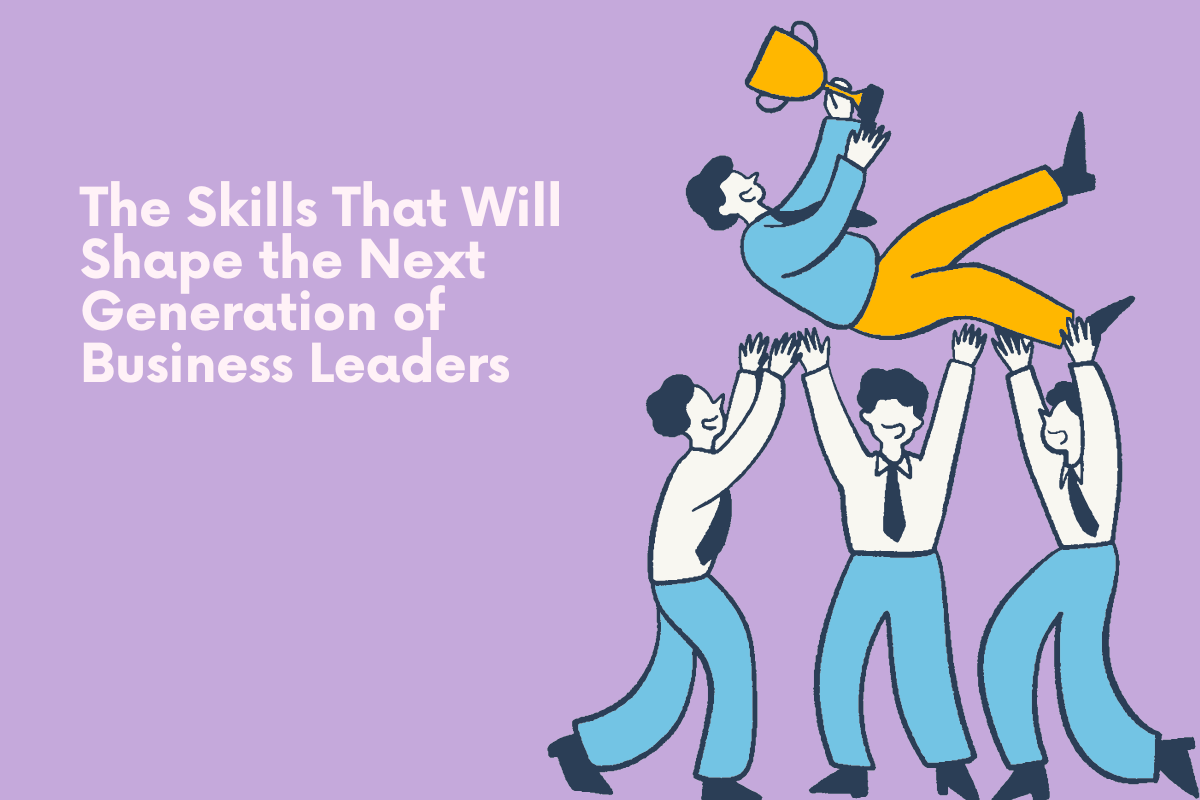Have you ever wondered what it takes to be a strong business leader today? The world is changing fast. New tools, challenges, and opportunities are reshaping how we work, connect, and grow. To succeed, the next generation of business leaders will need more than traditional knowledge. They must be ready to adapt, think critically, and lead with confidence.
In this blog, we will share the top skills that future business leaders must develop to thrive in tomorrow’s world of work.
Strong Communication
Communication is one of the most important skills any leader can have. Business leaders must be able to explain ideas clearly to teams, customers, and partners. Whether it’s through meetings, emails, or presentations, clear communication helps prevent confusion. It also builds trust. A good leader knows how to speak in a way that others understand and respect. This includes listening to others, too.
Being a great communicator also means knowing how to adjust your message. You might speak one way to a group of employees and another way to senior executives. This doesn’t mean being fake—it means understanding your audience. Business leaders must also be good at giving and receiving feedback. If you can't accept feedback, it's hard to grow. If you can't give it, your team won't improve.
Data Literacy
Understanding data is now a must-have skill for future leaders. Every business collects data, but not every leader knows how to use it. Leaders who can read and analyze data can make better decisions. They can spot trends, understand customer behavior, and plan smarter strategies. This doesn’t mean you need to be a data scientist. But you do need to be comfortable working with numbers, graphs, and reports.
One way to build this skill is through a program like the online MS in Business Analytics from Florida Tech. This program helps students learn how to collect, study, and use data to guide business decisions. By learning these tools, future leaders can use data to lead their companies with more confidence. They’ll know what’s working, what’s not, and what to do next. In a world where information is power, data literacy is key to success.
Emotional Intelligence
Emotional intelligence (often called EQ) is when you can understand and take care of your own emotions- along with those of others. Leaders with high EQ are more likely to build strong relationships and work well with different kinds of people. This skill helps with teamwork, conflict resolution, and motivating others. Business is about people. Leaders who connect with others on an emotional level tend to lead more successful teams.
EQ involves skills like self-awareness, empathy, and self-control. If you’re aware of how you feel, you’re less likely to act out of anger or frustration. If you’re able to understand how others feel, you can respond with kindness and patience. These things matter in the workplace. When employees feel heard and respected, they work harder and stay longer. Leaders with strong emotional intelligence are better at keeping teams united and productive.
Adaptability and Resilience
The business world changes quickly. New technologies, market shifts, and unexpected challenges can come at any time. Future leaders must be able to adapt to change without falling apart. This is where adaptability and resilience come in. Adaptability means being open to new ways of doing things. Resilience means bouncing back after setbacks. Both are key to long-term success.
Leaders who can shift their approach when things don’t go as planned tend to thrive. They stay calm, think clearly, and lead their teams through uncertainty. These skills are not just useful—they’re critical. The next generation of business leaders must be able to try new things, fail, learn, and try again. That’s how progress happens. Leaders who adapt and bounce back will always stay ahead.
Critical Thinking
Critical thinking is the ability to look at a problem from different angles and find the best solution. Leaders with this skill don’t jump to conclusions. They ask questions, look at the facts, and make smart decisions. This kind of thinking helps leaders avoid mistakes and lead with confidence. It's not about being the smartest person in the room. It’s about thinking things through and making thoughtful choices.
This skill is especially important in fast-paced environments. When things change quickly, leaders don’t always have time to get advice. They need to be able to weigh options, predict outcomes, and take action. Critical thinking can be developed over time by asking "why" more often, looking at different perspectives, and learning from past results. Future business leaders who can think critically will be better prepared for whatever comes their way.
In conclusion, the future of business will be shaped by the skills leaders build today. It’s not enough to have a title or make quick decisions. Tomorrow’s leaders must be thoughtful, flexible, tech-aware, and people-focused. They need to understand data, lead with heart, and keep learning. Most of all, they must be ready to grow with the world around them.





.png)